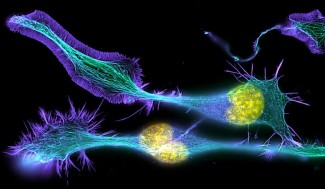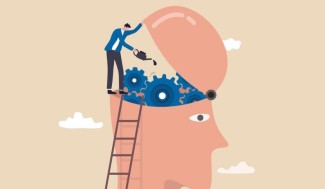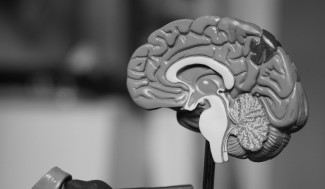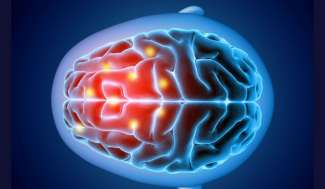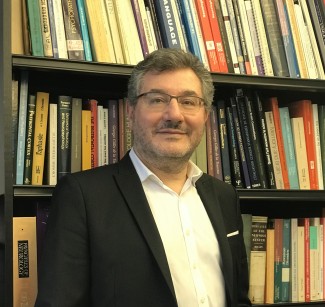
MD, PhD, Pr (PU-PH), Team Leader, PI, Sorbonne Université, AP-HP
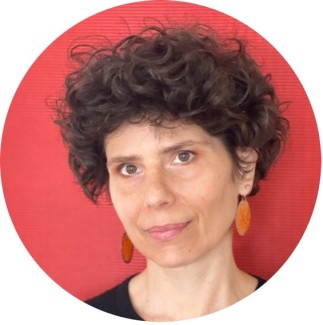
MD, PhD, CRCN, Team Leader, PI, INSERM
Team presentation
The goal of the Frontlab team is to understand better the role and organization of the prefrontal cortex in the control, activation, and inhibition of goal-directed behaviours.
The general aim of the team is to tackle the neuroscientific aspects of prefrontal functions and translate this knowledge to patient care and assessment.
The FrontLab research is organized around two main interacting axes: a cognitive neuroscience axis and a translational research axis.
The Cognitive Neuroscience axis focuses on the neuroscience of high-level cognitive functions, encompassing cognitive control and mind-wandering, inhibitory control and mental flexibility, creativity and reasoning, taking into account the role of attentional and valuation processes.
The translational neuroscience axis focuses on pathologies affecting the frontal lobes (such as fronto-temporal dementia/FTD). Our aim is to refine the phenotype of degenerative prefrontal syndromes, clarifying the underlying mechanisms and neural bases of behavioural disorders such as apathy and disinhibition, and developing new assessment tools and therapeutic approaches to alleviate cognitive and behavioural frontal syndromes.
Our research takes advantage of an interdisciplinary approach combining experimental psychology (developing new cognitive paradigms or tools), ecological settings and human ethological assessment in natural settings, computational modelling network science, and multimodal structural and functional neuroimaging methods, including classical MRI and EEG, but also original approaches we developed particular expertise with (brain lesion studies, network-based connectivity, non-invasive and invasive neurostimulation during awake neurosurgery, recording of intracranial EEG in implanted patients).
This research program should allow us to clarify the cognitive and neural mechanisms of functions "hubing" in the prefrontal cortex, providing a new framework for high-level cognitive functions and complex behaviours (decision-making, planning, reasoning, creativity, moral judgment, social interactions…) and how we can influence them. In the long run, it will hopefully lead to applications in improving diagnostic tools for patients with neurological and psychiatric diseases affecting these brain regions (e.g., Fronto-temporal dementia, brain tumors, stroke, etc.) and developing cognitive training programs.

Team members

MD, PhD, Pr (PU-PH), Team Leader, PI, Sorbonne Université, AP-HP

MD, PhD, CRCN, Team Leader, PI, INSERM
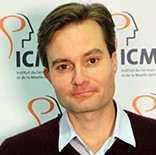
PhD, CRCN, Principal investigator (PI), INSERM
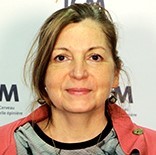
PhD, IR, Principal investigator (PI), INSERM

PhD, CRCN, Principal investigator (PI), INSERM
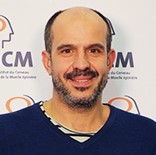
MD, PhD, DR2, Principal investigator (PI), CNRS
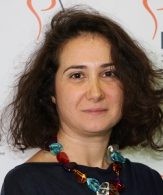
MD, PhD, CR1, Principal investigator (PI), INSERM

MD, PhD, PU-PH, Principal investigator (PI), APHP

MD, PhD, PU-PH, Principal investigator (PI), Université Paris X, AP-HP
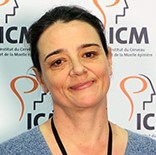
MD, PhD, PH, Principal investigator (PI), Sorbonne Université, AP-HP
